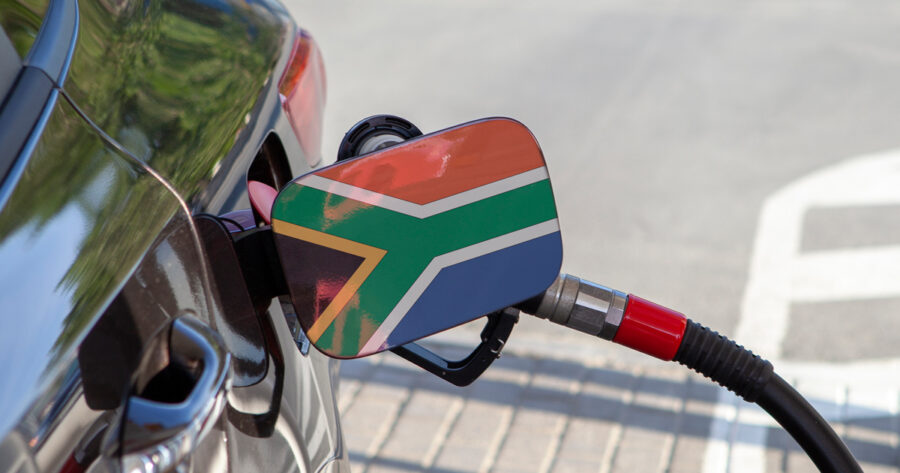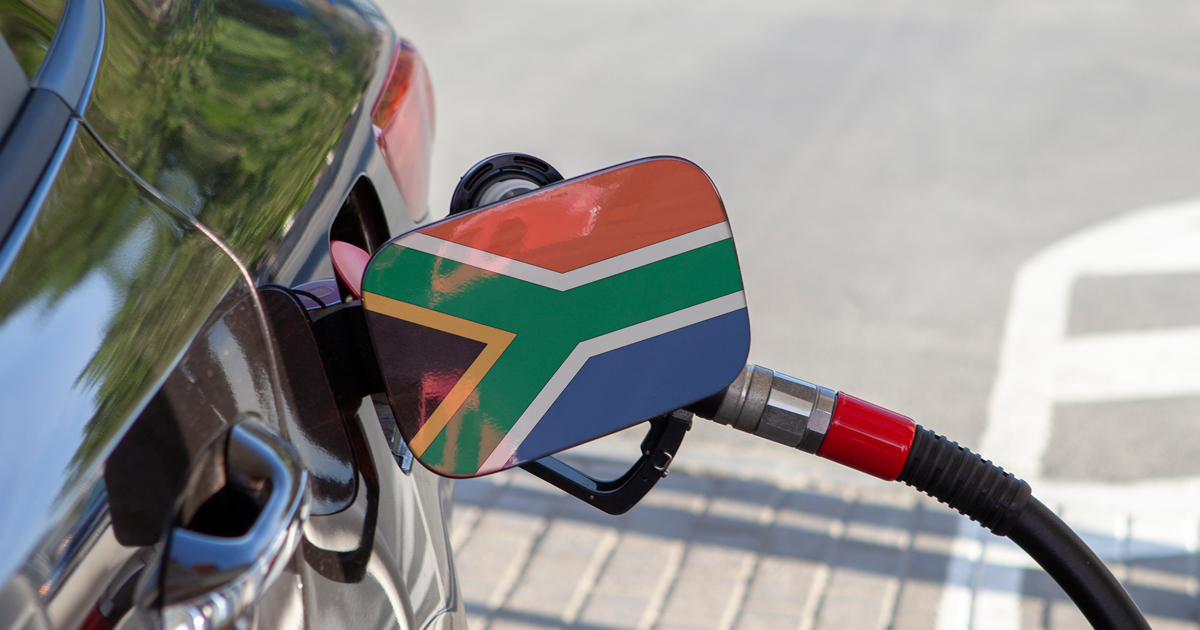
‘Massive’ Fuel Price Increase Announced. Time for Deregulation Bill, says DA
The Department of Mineral Resources and Energy (DMRE) has announced a price increase of at least R2.30 for all fuel variants from Wednesday, taking the fuel price to well beyond R25 a litre. In the wake of the “massive fuel price increase”, the DA has handed in its Fuel Price Deregulation Bill to Parliament today, […]

The Department of Mineral Resources and Energy (DMRE) has announced a price increase of at least R2.30 for all fuel variants from Wednesday, taking the fuel price to well beyond R25 a litre.
In the wake of the “massive fuel price increase”, the DA has handed in its Fuel Price Deregulation Bill to Parliament today, for processing by Parliament’s Legal Services.
“This groundbreaking bill will seek to amend the Petroleum Products Act, which gives government the power to prescribe the price of petroleum products,” says Kevin Mileham – DA Shadow Minister of Mineral Resources and Energy.
The price adjustments are as follows:
- Petrol (both 93 ULP and LRP) will increase by R2.37 per litre;
- Both grades of petrol 95 will increase by R2.57 per litre;
- 0.05% sulphur diesel will increase by R2.31 per litre;
- Diesel 0.005% sulphur will increase by some R2.30 per litre;
- The price of wholesale illuminating paraffin will increase by R1.66 per litre;
- The Single Maximum National Retail Price for illuminating paraffin will also increase by R2.21; and
- The Maximum LP Gas Retail Price will decrease by R2.18 per kilogram.
Reasons behind South Africa’s latest fuel price hike
The department explained the factors leading to the price adjustements:
“The average Brent Crude oil price slightly increased from 115.00 US Dollars (USD) to 115.77 USD during the period under review. The average international product prices of petrol, diesel and Illuminating Paraffin increased during the period under review while the price of LPG decreased. The declining global refining capacity is having a negative impact on petroleum product prices.
“The Rand appreciated, on average, against the US Dollar (from 15.95 to 15.76) Rand per USD during the period under review when compared to the previous one. This led to lower contributions to the Basic Fuel Prices of petrol, diesel and illuminating paraffin by 19c.”
Relief measure decreases
On top of that the temporary relief measure against increasing fuel prices announced by the DMRE and National Treasury has decreased from R1.50 to 75c with consumers to now carry that burden.
DA Presents Fuel Price Deregulation Bill to Parliament
The DA’s Mileham said in a statement today that: “We intend to publish our ‘Notice of Intention to Introduce’ in the Government Gazette later this week, within which the public will be invited to provide comment on the stated aims of our Bill.”
He says the primary objective of the Bill is to deregulate the fuel sector to increase competition in fuel price setting at both the wholesale and retail level, which will result in lower petrol prices for consumers, as retailers compete to win customers based on price levels.
“Most consumers spending a significant part of their salaries on ever-increasing transport, and the frequent fuel price increases are leaving many with little to spend on the equally expensive basic food basket. South Africa’s high fuel prices are a consequence of government mandated fuel price controls that have killed competition and failed to deliver efficient cost-reflective prices,” the DA said in a statement.
“The tragedy of high fuel prices is that their knock-on effects will hit the poorest the hardest at a time when they are already struggling under the consequences of 46% unemployment, loadshedding, soaring global inflation driven by Russia’s invasion of Ukraine and a State increasingly unable to deliver on even its most basic mandate.
“The regulated fuel price system is rigged against the South African consumer. The average fuel price is composed of at least seven levies that combine to make our fuel one of the most expensive in the region when compared to countries such as Botswana, who happen to get most of their fuel supplies from South Africa.
“Independent estimates indicate that costs and profits at the wholesale, transport, and retail levels account for about 20% of the fuel price. This is unsustainable if South Africa is to have a competitive fuel market and fuel price system that protects consumers from exorbitant increases.”
The price of illuminating paraffin is also expected to go up with gas prices showing a decrease as a result of low seasonal demand in the Northern Hemisphere.
Sources: DA, SAnews.gov.za
